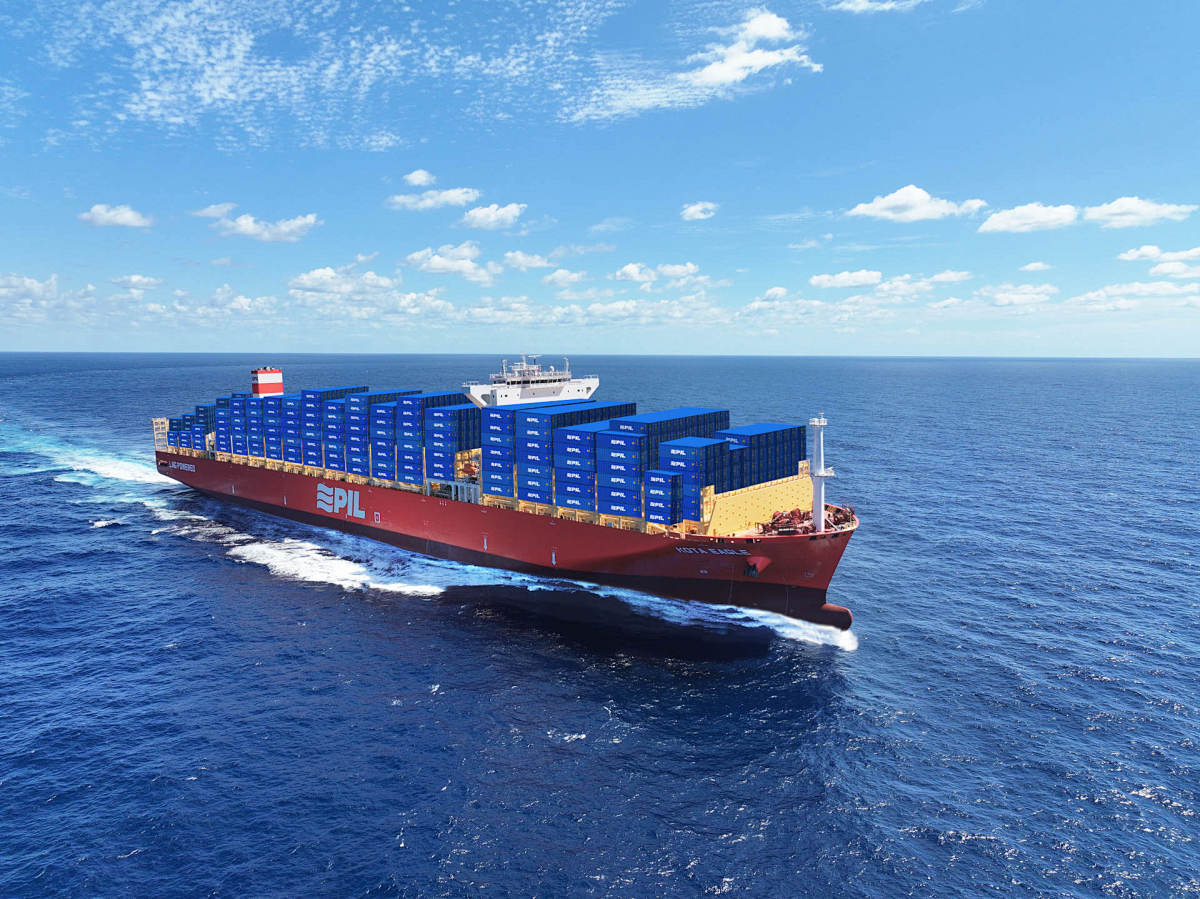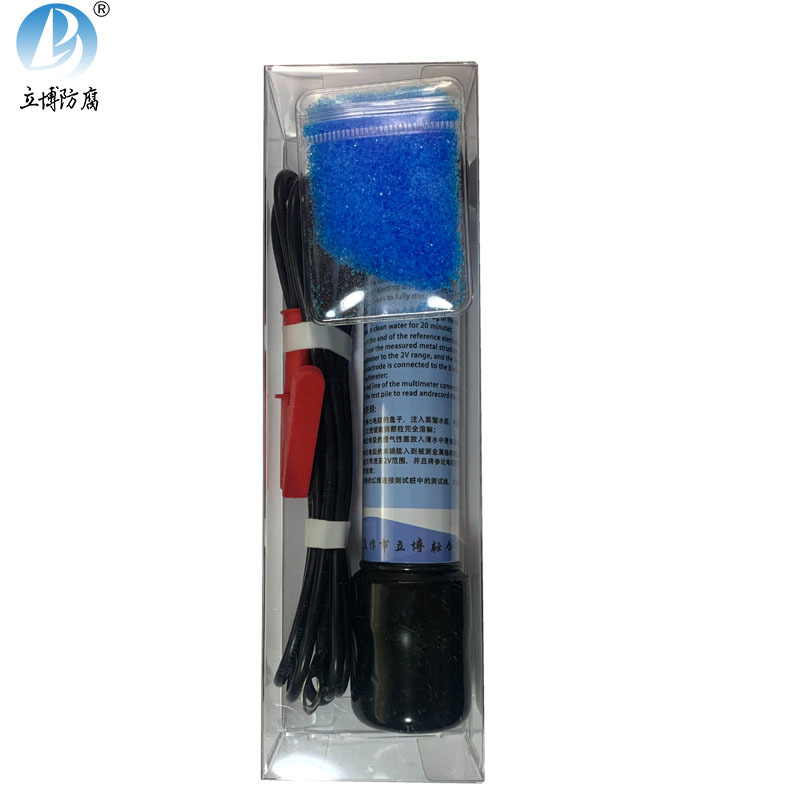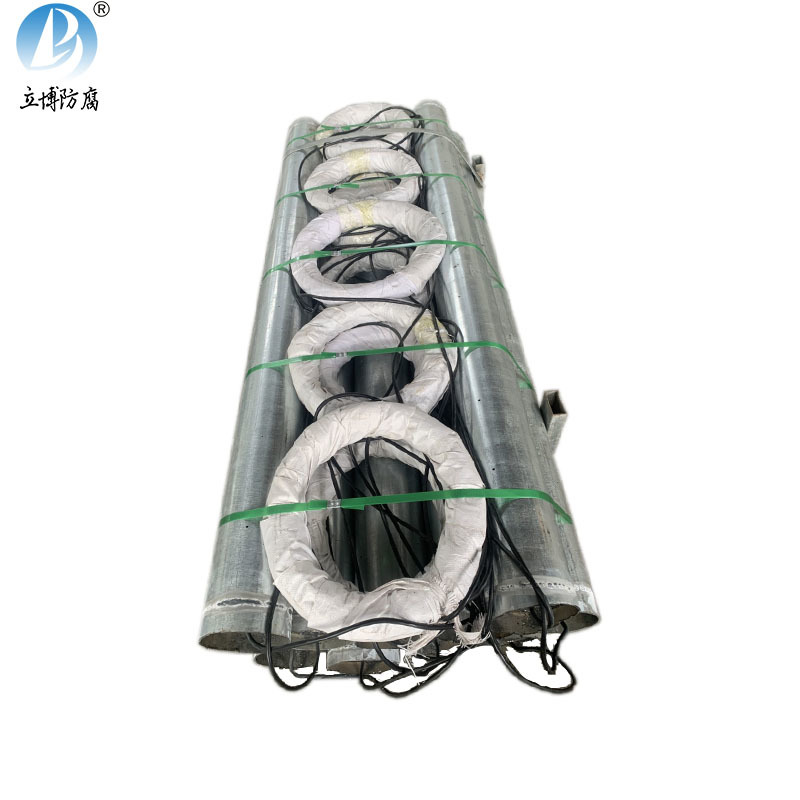Understanding Magnesium Anodes: A Key Component in Corrosion Protection
Release time:
2025-06-13
Magnesium anodes play a crucial role in the construction and decorative materials sector, particularly when it comes to corrosion protection. These anodes are used primarily in cathodic protection systems to prevent the degradation of metal surfaces exposed to corrosive environments. Understanding magnesium anodes can help professionals in this industry make informed decisions regarding material s
Magnesium anodes play a crucial role in the construction and decorative materials sector, particularly when it comes to corrosion protection. These anodes are used primarily in cathodic protection systems to prevent the degradation of metal surfaces exposed to corrosive environments. Understanding magnesium anodes can help professionals in this industry make informed decisions regarding material selection and maintenance strategies.
Corrosion is a natural process that can severely impact the lifespan and integrity of structures, especially in environments subjected to moisture, salts, or other corrosive agents. Magnesium anodes are sacrificial anodes, meaning they are designed to corrode instead of the protected metal. This occurs because magnesium has a higher electrochemical potential compared to other metals commonly used in construction, such as steel or iron. When placed in contact with these metals and an electrolyte (like water), the magnesium anode will corrode preferentially, thereby protecting the more valuable material from corrosion.
One of the primary applications of magnesium anodes is in the protection of steel structures, such as pipelines, storage tanks, and marine installations. In these applications, magnesium anodes can be installed both above and below ground, providing a reliable means of mitigating corrosion risk. Additionally, they are also utilized in concrete structures, where they can be embedded to protect rebar from corrosion, a common issue that can lead to structural failure.
When selecting magnesium anodes, it is essential to consider factors such as the environmental conditions, the type of metal being protected, and the expected lifespan of the anodes. For instance, magnesium anodes are particularly effective in freshwater environments, while other anode materials may be more suited for saltwater applications. Proper installation and periodic monitoring are also vital to ensure that the anodes effectively protect the underlying structures.
In conclusion, magnesium anodes are an essential component in the arsenal of corrosion protection materials used in the construction and decorative materials industry. Their sacrificial nature, combined with their effectiveness in a variety of environments, makes them a preferred choice for many applications. By understanding the benefits and proper implementation of magnesium anodes, professionals can enhance the durability and safety of their constructions, ultimately leading to lower maintenance costs and extended service life.
Key words:
Learn more about industry dynamics
The company's main products: magnesium alloy sacrificial anode series, aluminum alloy sacrificial anode series, zinc alloy sacrificial anode series, and cathodic protection supporting products, such as more than a dozen varieties and hundreds of specifications.
Focus on the development and production of cathodic protection materials
online message
We will contact you within one working day. Please pay attention to your phone or email.








